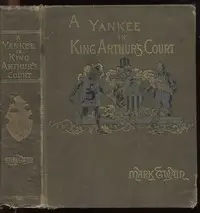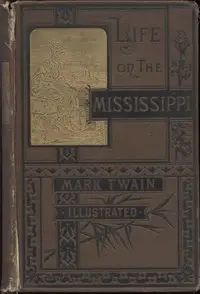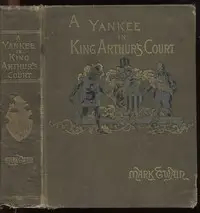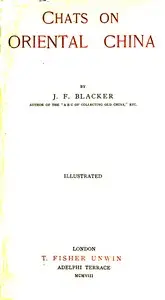"Adventures of Huckleberry Finn, Chapters 16 to 20" by Mark Twain is a novel written during the late 19th century. It follows the adventures of a young boy named Huckleberry Finn as he navigates the complexities of friendship, morality, and freedom while traveling down the Mississippi River. This segment particularly highlights Huck's internal conflict regarding his loyalty to Jim, a runaway slave, and his grappling with societal values related to slavery and conscience. The opening portion of these chapters begins with Huck and Jim drifting on a raft at night, contemplating their journey toward Cairo and the freedom it represents for Jim. Huck battles with guilt over helping Jim escape, revealing his struggle with societal norms versus personal morality. As they navigate various encounters, including a close call with men searching for runaway slaves, Huck’s conscience continues to trouble him. The narrative develops as they meet two con men claiming noble titles, further complicating their journey. Setting the tone for an exploration of dignity, identity, and the moral dilemmas of the time, these chapters build both character development and thematic depth. (This is an automatically generated summary.)
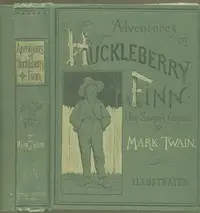
Adventures of Huckleberry Finn, Chapters 16 to 20
By Mark Twain
"Adventures of Huckleberry Finn, Chapters 16 to 20" by Mark Twain is a novel written during the late 19th century. It follows the adventures of a youn...
Samuel Langhorne Clemens, known by the pen name Mark Twain, was an American writer, humorist, and essayist. He was praised as the "greatest humorist the United States has produced," with William Faulkner calling him "the father of American literature." Twain's novels include The Adventures of Tom Sawyer (1876) and its sequel, Adventures of Huckleberry Finn (1884), with the latter often called the "Great American Novel." He also wrote A Connecticut Yankee in King Arthur's Court (1889) and Pudd'nhead Wilson (1894) and cowrote The Gilded Age: A Tale of Today (1873) with Charles Dudley Warner.

